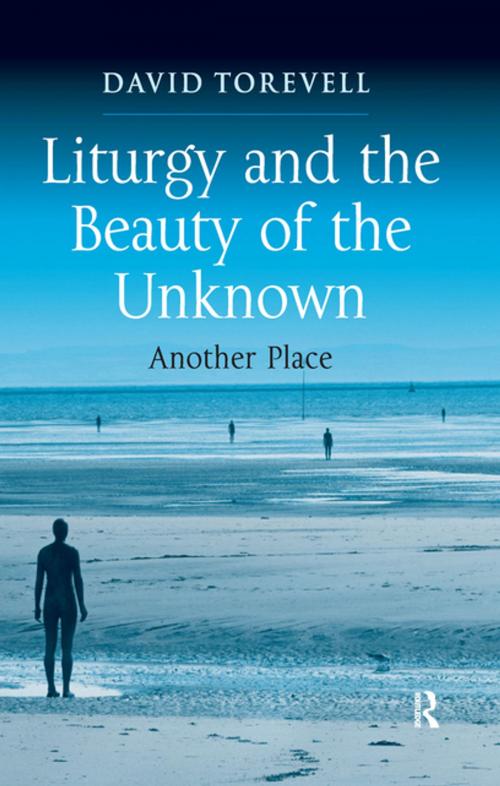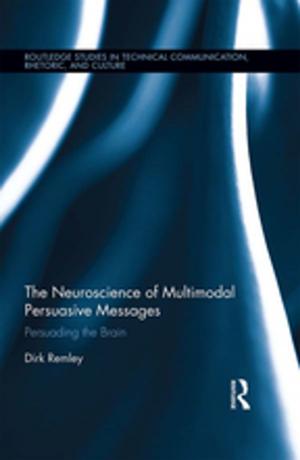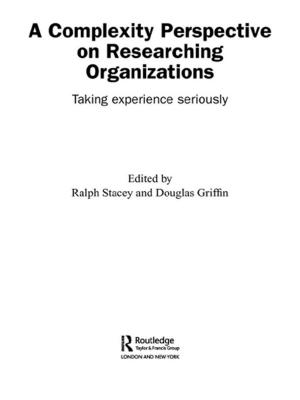| Author: | David Torevell | ISBN: | 9781351921824 |
| Publisher: | Taylor and Francis | Publication: | March 2, 2017 |
| Imprint: | Routledge | Language: | English |
| Author: | David Torevell |
| ISBN: | 9781351921824 |
| Publisher: | Taylor and Francis |
| Publication: | March 2, 2017 |
| Imprint: | Routledge |
| Language: | English |
Contemporary culture is rediscovering the importance of beauty for both social transformation and personal happiness. Theologians have sought, in their varied ways, to demonstrate how God's beauty is associated with notions of truth and goodness. This book breaks new ground by suggesting that liturgy is the means par excellence by which an experience of beauty is communicated. Drawing from both secular and religious understandings, in particular the mystical and apophatic tradition, the book demonstrates how liturgy has the potential to achieve the one ultimately reliable form of beauty because its embodied components are able to reflect the disturbing beauty of the One to whom worship is always offered. Such components rely on understanding the aesthetic dynamics upon which liturgy relies. This book draws from a broad range of disciplines concerned with understanding beauty and self-transformation and concludes that while secular utopian forms have much to contribute to ethical transformation, they ultimately fail since they lack the Christological and eschatological framework needed, which liturgy alone provides.
Contemporary culture is rediscovering the importance of beauty for both social transformation and personal happiness. Theologians have sought, in their varied ways, to demonstrate how God's beauty is associated with notions of truth and goodness. This book breaks new ground by suggesting that liturgy is the means par excellence by which an experience of beauty is communicated. Drawing from both secular and religious understandings, in particular the mystical and apophatic tradition, the book demonstrates how liturgy has the potential to achieve the one ultimately reliable form of beauty because its embodied components are able to reflect the disturbing beauty of the One to whom worship is always offered. Such components rely on understanding the aesthetic dynamics upon which liturgy relies. This book draws from a broad range of disciplines concerned with understanding beauty and self-transformation and concludes that while secular utopian forms have much to contribute to ethical transformation, they ultimately fail since they lack the Christological and eschatological framework needed, which liturgy alone provides.















